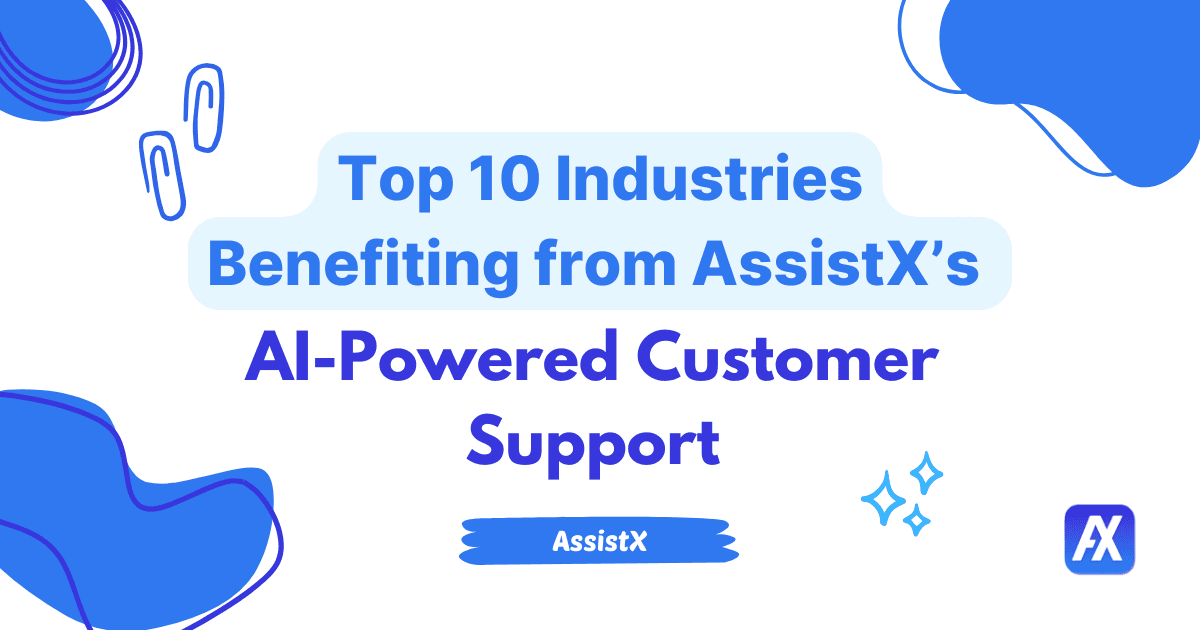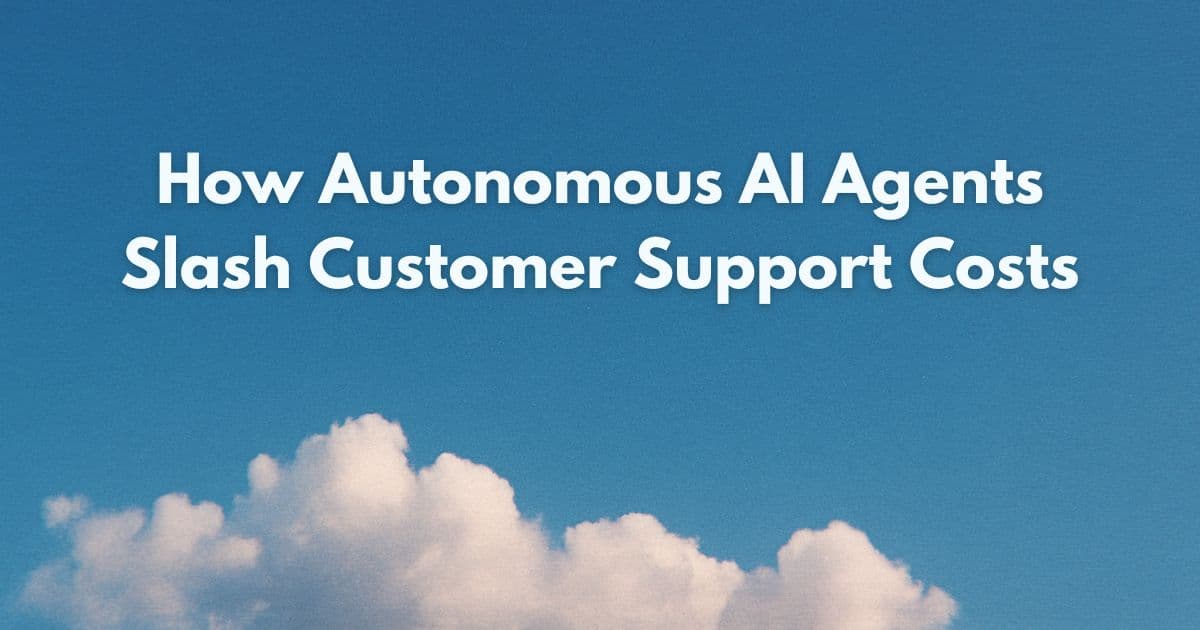Modern AI agents now resolve 70–80% of routine customer inquiries without human intervention. This allows human agents to focus resources on complex or high-value issues. For example, self-service automation empowers customers to access instant support for password resets, account updates, and product FAQs, eliminating hold times and freeing live staff. Outages, ticket surges, and onboarding booms can be absorbed without additional hiring, turning staffing into a flexible resource rather than a fixed expense. .
Recent case studies show that companies investing in AI-driven customer service realize full ROI within months. A large insurer reported a $22M annual savings through digital agents, cutting phone call loads by 60% and boosting employee productivity by 13.8%. For SaaS firms, this translates into a lower cost-per-interaction, higher NPS, and the ability to serve global time zones without the night-shift payroll. Organizations aiming to adopt autonomous support should start by mapping ticket volumes, assessing repeatable flows, and benchmarking pre- and post-AI operational expenses.
- Regularly updating the AI’s knowledge base
- Layering predictive analytics for proactive support
- Measuring containment and deflection rates quarterly
- Routinely auditing ticket logs to surface new automation opportunities



